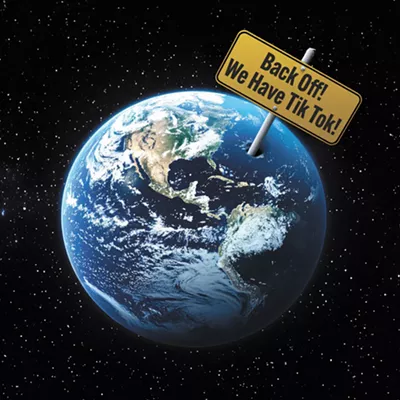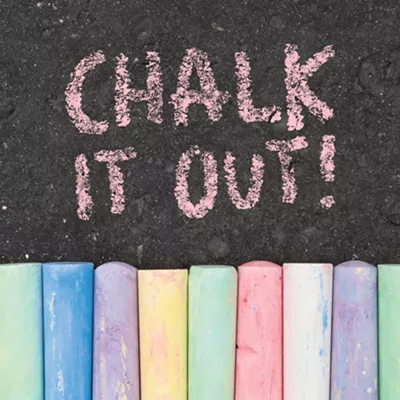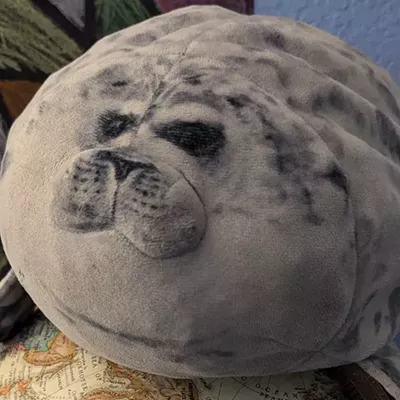I used a search engine for the first time in 1996. I don't remember what I searched for, but I remember it felt like magic.
I was a fifth grader in rural North Idaho, huddled around my school's only modem-connected computer, in an after-school class to teach girls how to use the internet. In my memory, the search engine was Ask Jeeves, where a cartoon butler represented the algorithm. But Jeeves didn't exist until 1997, so it was probably Yahoo.
The only definite thing I remember from the class was going to a White House website about President Bill Clinton's cat, Socks. What else could a 10-year-old in the middle of nowhere do with the internet? I couldn't imagine what was to come.
A few weeks ago, I told this story to my students, all of whom have always known life with Google. I'm teaching Science Writing this semester, and the subject of ChatGPT had come up in my students' weekly news journals — and, I suspected, in ways they might write those journals.
AI tools today feel like search engines did in 1996, I told them. The tech is novel, even a little mind-blowing, but the average person fiddling around with it can't understand how it's going to change the world.
After talking about the ethics of letting a chatbot do your homework, I encouraged my students to guess what AI might soon enable. One hoped an AI could learn to count sagebrush plants in rangeland photos. Another worried large-language models like ChatGPT might make her journalism degree obsolete. When I speculated that a future doctor could have an AI listen to a patient's symptoms and spit out possible diagnoses, a student bluntly informed me that I had just invented WebMD.
Interesting as some were, none of our ideas stretched as far as the gap between the way I used the internet in 1996 vs. now. The kid who typed "President+Clinton+cat" into a clunky IBM couldn't imagine that I would someday carry a tiny computer in my pocket that could, in an instant, provide me with infinite photos, videos, and stories about cats. (Or that I would become a dog person.)
My original plan for this column was to end on a few encouraging notes about testing out technology with an eye on ethics, with the punchline of letting ChatGPT write that paragraph.
But it didn't feel quite right. All it would reveal is that I have nothing novel to say about how to approach the risks and possibilities of a new technology.
I realized I didn't write this column to come up with those answers. I wrote it because I wanted to think about that space between 1996 and 2023, between the world when I was 10 and the world I live in now.
When I was a kid, I woke up every morning hoping it was the day the aliens landed. I wanted the world to change dramatically, like it did in the novels I loved. I wanted to live in a time that looked like nothing I could imagine.
And it turns out I do. We all do. Probably every human ever has stepped back at some point in their life and shook their head in awe over the gulf between what they imagined and what came to be. Maybe it's happening faster now. Maybe it just feels that way.
So I think this column is a confession that I get a thrill out of uncertainty. I have absolutely no idea what's going to happen in the future, with AI or anything. Even the people with way more of a clue than me can't ultimately know. But isn't that a cool thing about humanity? We keep on plunging forward into the dark, hoping we manage not to screw up too badly, this time.
Wherever we end up, it's going to be messy and weird and completely amazing in some ways and completely terrible in others—that, at least, we can count on. I hope to be pleasantly surprised. (And I'm still waiting on the aliens.) ♦
Tara Roberts is a writer and educator who lives in Moscow with her husband, sons and poodle. Her novel Wild and Distant Seas is forthcoming from Norton in 2024. Follow her on Twitter @tarabethidaho.
























